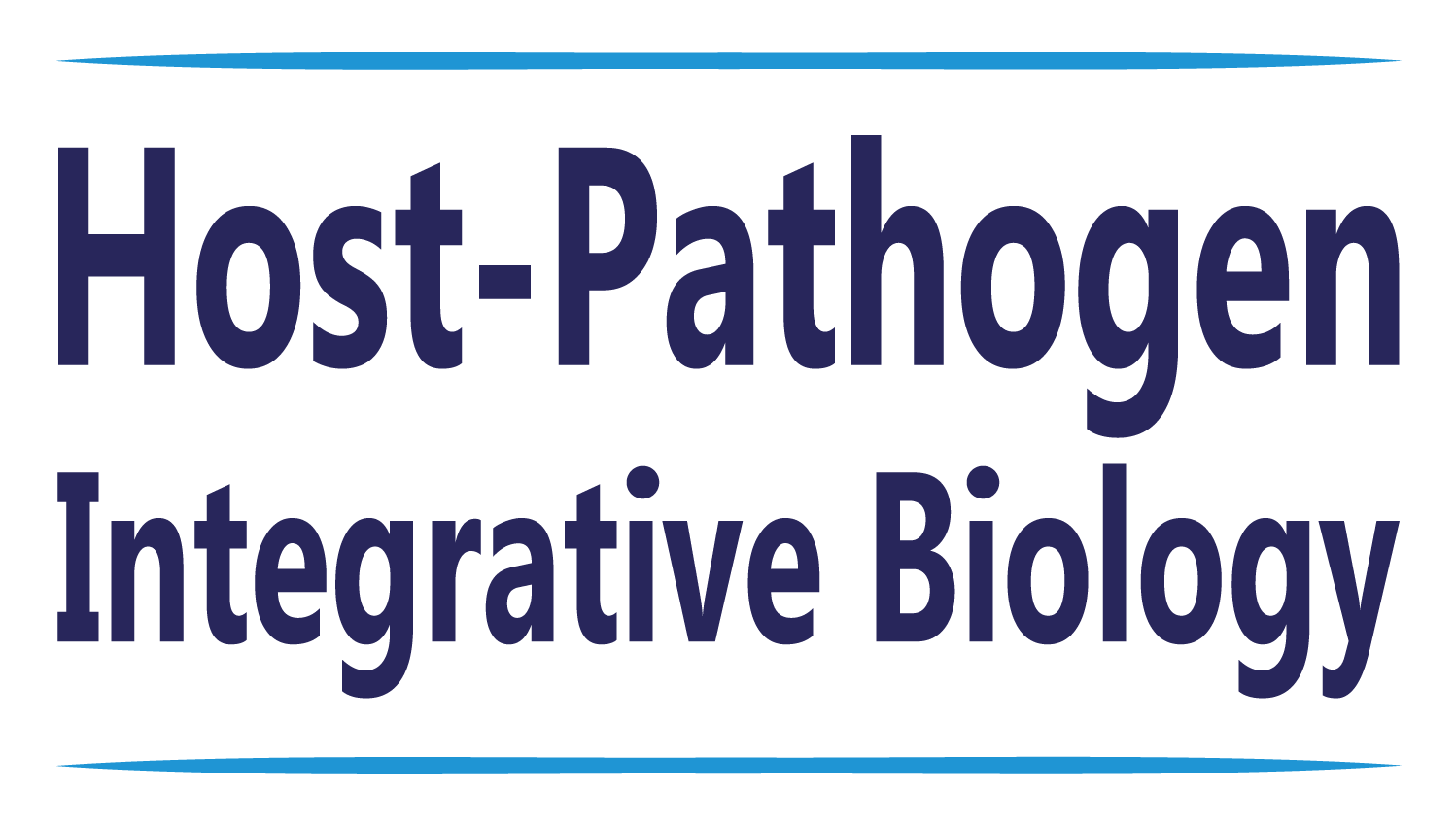Two main research axes are being pursued.
- The first approach focuses on the mechanisms and consequences of the interaction of extra-cellular bacterial pathogens with endothelial cells using Pathogenic Neisseria as paradigm. These pathogen establishes a strong interaction with human cells. This interaction is associated with the occurrence of diseases. Our objectives are to provide a coherent picture of meningococcal and gonococcal pathogenesis by dissecting :
– the interaction between meningococci and endothelial cells at the molecular, cellular, and tissular levels
– the interaction between meningococci / gonoccoci and filamentous phages
– the different population of gonococci responsible for colonization or diseases
- The second approach aims to provide new insights into the pathogenesis of Staphylococcus aureus, which is one of the deadliest bacteria in Western countries. We are particularly committed to the study of virulence factors associated with chronic infections, and have launched translational research projects involving cohorts of children with chronic S. aureus infections (including cystic fibrosis and genetic dermatoses). Bacterial adaptation explains why bacteria persist in infected sites despite immune response and antibiotic treatment. Our two main objectives are: i) to identify the genetic mutations modulating bacterial toxicity and inflammation, through unbiased proteogenomic analysis of host-adapted S. aureus clinical isolates, and ii) to study the impact of S. aureus adaptation in vitro and in vivo, focusing on the host immune response and disease outcome.

We are member of the Microb’EX Labex initiative / Microb’UP Network : https://microb-up.u-paris.fr

We are member of the Bacteriophage Network France : https://site.phages.fr/

We are member of the French Society for Cell Biology : https://sbcf.fr/

We are member of the the Neisseria gonorrhoeae Research Society : https://ngosociety.org/
